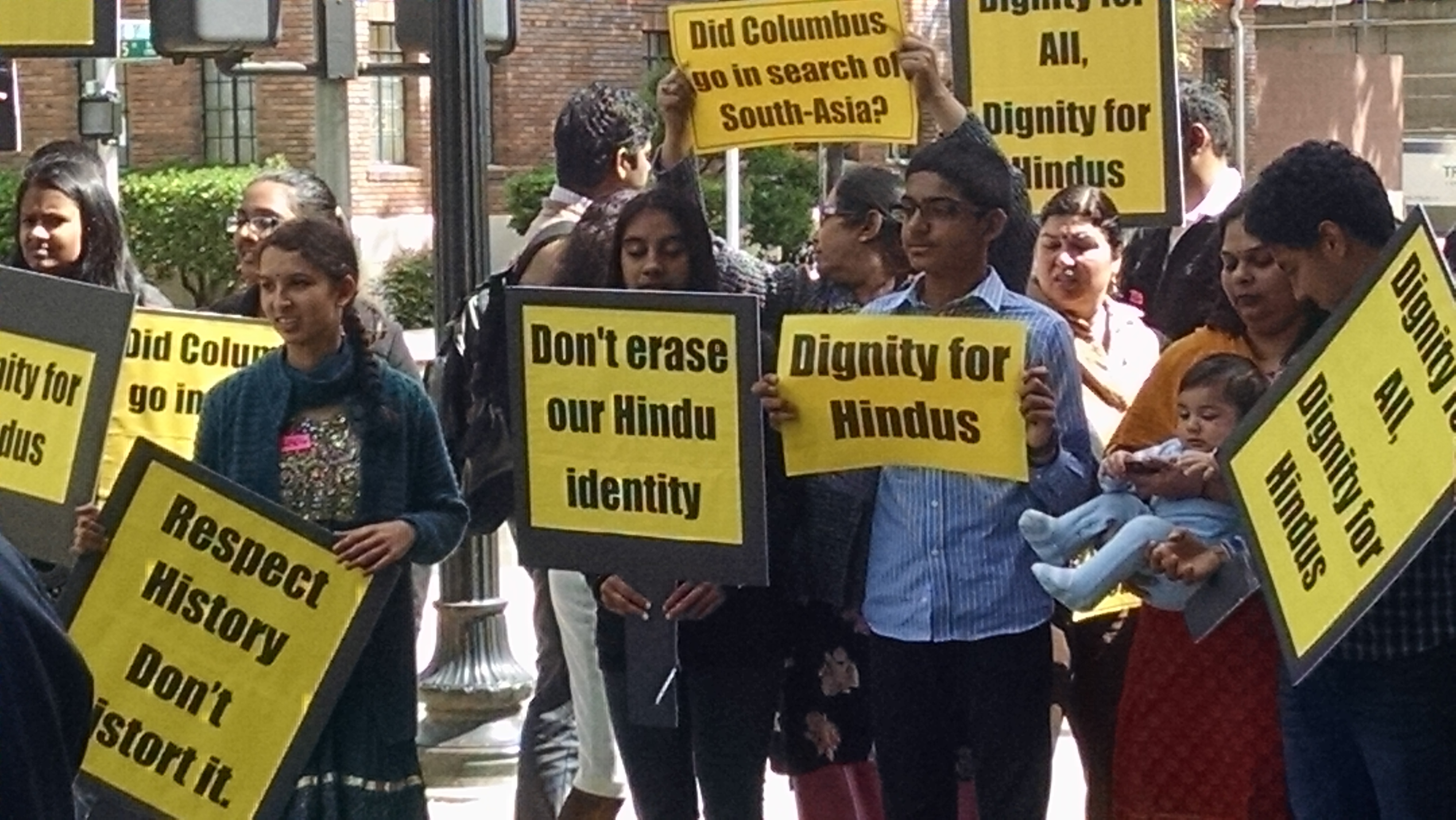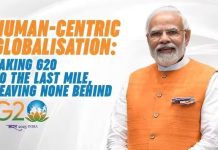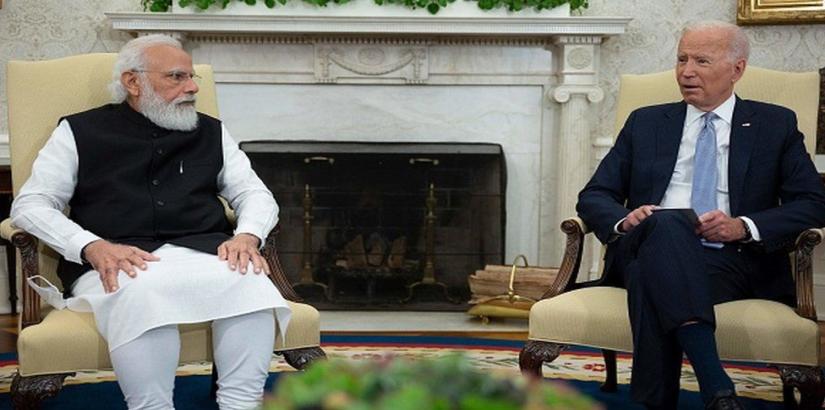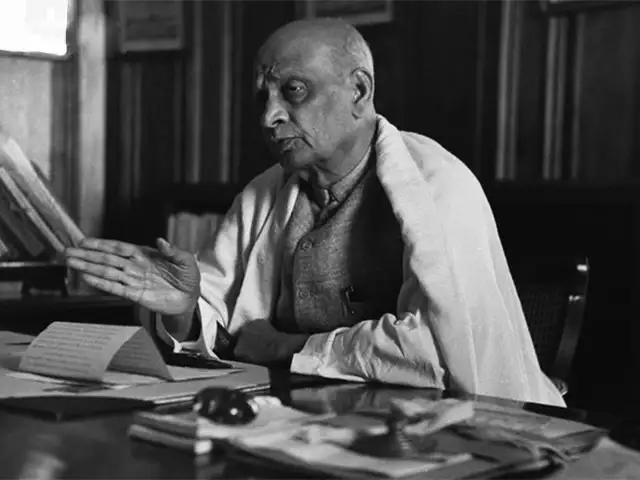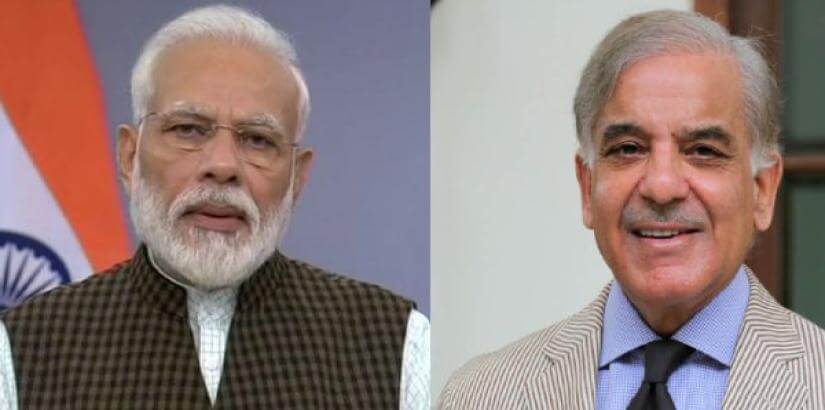Krishna Kumar
Hindu-Americans have predominantly supported the Democratic Party in most elections, whether it is presidential, congressional, gubernatorial or state assembly elections. One of the key factors driving this unconditional support is the belief that the Democratic Party is pro-minority and pro-immigrant, whereas the Republican Party is anti-minority and anti-immigrant.
Recent anti-India and anti-Hindu statements and actions by members of the Progressive Caucus (“PC”) of the Democratic Party have aggrieved a large swath of the theHindu-American community. Hindu-Americans, rattled by the recent emergence of anti-Hindu and anti-India propaganda supported and sometimes instigated by sympathizers in the PC, have already started to withdraw their unconditional support for the Democratic Party. This revocation of support is being driven by three factors.
The first factor is the dissonance between the core values and interests of the aggrieved Hindu-Americans and the interests of the Democratic Party, which is being heavily influenced by the PC. The second factor is the realization that the Democratic Party is no longer favorably disposed to all minorities but rather only to those it views as victims of social injustice. The third factor is the realization that unconditional fidelity to one Party is antithetical to Hindu-Americans’ interests.
Hindu-Americans are generally fiscally conservative and socially moderate. Having migrated to the United States to escape socialism and vile social engineering policies that have been championed and promoted for over half a century by the Congress Party of India, Hindu-Americansdo not support high rates of taxation, excessive government spending, or a greater role for the government in the overall economy.
Similarly, as social moderates, they do not support extreme Affirmative Action or other social justice policies, open borders, or policies such as Medicare for All. The PC dominated Democratic Party, on the other hand, is extremely liberal both in terms of its fiscal and social policies.
Pushed by the PC, the Democratic Party is aggressively promoting absurdly high marginal tax rates on income, nationalization of many segments of the private sector and some fringe Democrats are even calling for the outright abolition of capitalism. Top-tier presidential candidate for the Democrats, Bernie Sanders, who is an unapologetic socialist, has called for a top marginal rate of 70% and a 4% income-based premium on all income above $29,000 to pay for Medicare for All, which is his pet project.
Based on the Tax Foundation’s 2019 TheU.S. Tax Burden on Labor, the average American family paid 30% of their income in federal income and payroll taxes. Once you add state and local taxes this burdenincreases to about 40% for residents of high tax states such as California. Under Sanders’s plan, thistax burden will increase significantly. Mr. Sanders is also promoting unrealistic climate change initiatives that call for the nationalization of America’s energy sector.
The plan, which is estimated to cost $2 trillion, calls for government-owned corporations to generate and distribute green energy through publicly-owned distribution systems. Mr. Sander’s initiative is highly fanciful and unlikely to go anywhere, even with a Democratically controlled congress.
On the social policy front, the Democratic Party supports race and gender-based Affirmative Action policies that would promote admissions based on diversity factors rather than competence and merit. Bernie Sanders and Elizabeth Warren are strong supporters of race and gender-based Affirmative Action policies. Bernie Sanders has a 97% rating from the NAACP and Elizabeth Warren, who has taken a DNA test to prove her minority status, is also a strong proponent of Affirmative Action.
Congressman Ro Khanna, who is vying to be the leader of the PC by supporting radical social policies, is also a strong proponent of Affirmative Action. Khanna issued a press release in August 2017 asking the Justice Department to reverse its opposition to Affirmative Action.
While Hindu-Americans would support consideration of economic status as a factor in admission decisions, they are acutely aware of the consequences of nebulous race and gender-based Affirmative Action policies and do not support them as they would be detrimental to the future of their children as well as the nation. Gaps in educational attainment should be addressed by promoting respect for education and a good work ethic and not by changing admissions criteria to use race and gender to award or deny admissions while overlooking competence and merit.
The notion that the Democratic Party is pro-minority and pro-immigration and the Republican Party is an anti-minority and anti-immigration Party is no longer valid. Since the emergence of the PC as a center of power within the Democratic Party, the Democratic Party has limited its focus to minorities that it considers as victims of social injustice. Minority communities with high levels of educational attainment and income including Hindu-Americans, who are one of the most financially successful and well-educated religious groups in the United States,are viewed as being aligned with whites as privileged oppressors.
Specifically, the PC, which has been actively engaging in a campaign to malign the current government of India and meddle in the country’s internal affairs, hijacked a meeting intended to review human rights in South Asia and turned into a highly-biased one-sided event that was used to malign India and its government.
The Hindu-American Foundation’s October 23rd newsletter provides a detailed account of this meeting, including a brief description of congresswoman Ilhan Omar’s shameful behavior during the meeting.
Members of the PC such as congressman Ro Khanna and congresswoman Pramila Jayapal have also knowingly taken positions antithetical to Hindu-Americans to buttress their progressive credentials. Congressman Ro Khanna delivered the proverbial slap in the face to the Hindu-American community by joining the Congressional Pakistan Caucus and raising the stature of a country that has initiated multiple wars with India and has been fomenting and supporting terrorism against its neighbors for at least the last two decades, if not from its inception. The congressman also issued a tweet supporting a radical anti-Hindubigot, Peter Friedrich, in which he made a false allegation that many Hindus, including Hindu-Americans in his district, are non-pluralistic in their outlook.
Congresswoman Pramila Jayapal of Washington State, a co-chair of the PC and strong ally of the controversial representatives Ilhan Omar and Rashida Tlaib, is actively promoting anti-India legislation in the House of Representatives. At present, congresswoman Jayapal is peddling a congressional resolution on Kashmir that only has one other co-sponsor.
Given the Democratic Party’s betrayal of the Hindu-American community, the Hindu-American community is justified in suspending its unconditional support for theParty. In fact, the community should withhold its support from the Democratic Party until the party either silences, ostracizes or expels congressmen like Ro Khanna and congresswomen like Pramila Jayapal, Ilhan Omar and Rashida Tlaib that have ill will and malice for the community and distances itself from radical fiscal and social policies.
For this election cycle, it makes sense for the Hindu- American community to support Republicans, Libertarians or independents who are friendly to the community’s issues and concerns or at a minimum not actively working against the community’s interests and fomenting ill will malice towards the community.
The actions of fringe congressmen and congresswomen from the Democratic Party have cost the party the unconditional support of the Hindu-American community, which it has enjoyed for many decades. The level of hurt and disappointment in the community is very high and the associated negative implications for the Democratic Party should come to fruition in the 2020 elections. If the party continues to provide free reign to fringe members to attack and alienate so-called privileged minority communities, it is likely to lose the support of large swaths of voters from other minority communities as well.
Disclaimer: Views expressed in the article are personal and not intended to hurt any sentiments.

